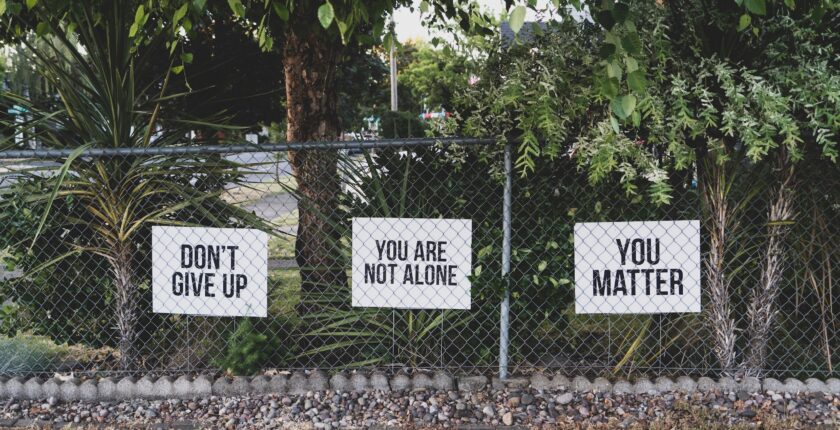Maintaining Mental Health While Job Searching
The journey of job searching can be a rollercoaster of emotions. It’s a time filled with hope, anticipation, and sometimes, disappointments. Whether you’re looking for your first job, changing careers, or just seeking new opportunities, the process can take a toll on your mental health, and depending on your situation, can also add to the daily pressures of financial stress, current workplace relations or relationships at home.
This load isn’t lost on us as recruiters as we’ve ridden the wave with hundreds of job seekers and understand that while a lot can be out of our control during the job search, our most important role is supporting you. So as part of World Mental Health Day, we’re sharing some of our tips for looking after your mental health during this time.
Setting Realistic Expectations
Managing your expectations is crucial when job searching. Instead of expecting immediate success, consider these tips:
Research the Job Market: Understand the job market in your industry and location to set realistic timelines.
Accept Temporary Setbacks: Realise that setbacks are a part of the process and don’t define your worth.
Celebrate Small Wins: Even small achievements, like a successful interview or a networking connection, are steps forward.
Building Resilience
Resilience is your ability to bounce back from adversity. Here’s how to nurture it:
Maintain a Routine: Create a daily schedule that includes job searching, self-care, and personal development.
Seek Social Support: Share your journey with friends, family, or support groups who understand what you’re going through.
Stay Positive: Cultivate a positive outlook by focusing on your strengths and what you’ve learned from rejections.
Self-Care and Stress Management
Taking care of your mental health is paramount during a job search:
Exercise Regularly: Physical activity can reduce stress and boost your mood.
Practice Mindfulness: Mindfulness meditation can help you stay grounded and manage stress.
Set Boundaries: Don’t let the job search consume your life; take breaks and engage in hobbies you enjoy.
Learning from Rejections
Rejections are tough, but they can be valuable learning experiences:
Analyse Constructively: Instead of dwelling on rejections, analyse them to identify areas for improvement.
Adapt Your Strategy: Use rejection feedback to refine your resume, interview skills, or networking approach.
Stay Persistent: Remember that success won’t come overnight but comes with persistence.
Seeking Professional Help
If you find your mental health deteriorating, don’t hesitate to seek professional help:
Recognise the Signs: Be aware of signs of depression or anxiety, such as persistent sadness or sleep disturbances.
Access Mental Health Resources: Reach out to therapists, counsellors, or support groups specialised in career-related stress.
Networking and Support
Building a support network can make a world of difference:
Leverage Your Network: Connect with mentors, colleagues, or friends who can provide guidance and encouragement.
Join Job Seeker Groups: Online or in-person job seeker groups can offer valuable advice and a sense of community.
In the challenging journey of job searching, your mental health should be a priority. But by understanding and recognising the emotional impact it may be having on you, setting realistic expectations, building resilience, practising self-care, and seeking support, you can maintain your mental well-being even in the face of delays and rejections. Remember that every setback is a step closer to your next opportunity.
For support in your job search, contact our team to discuss your requirements.

